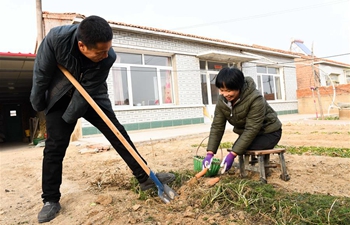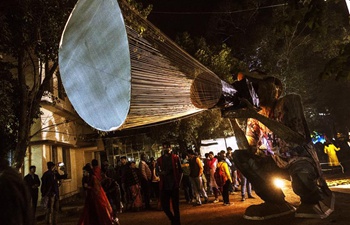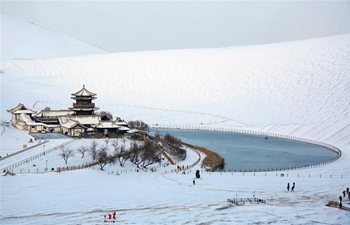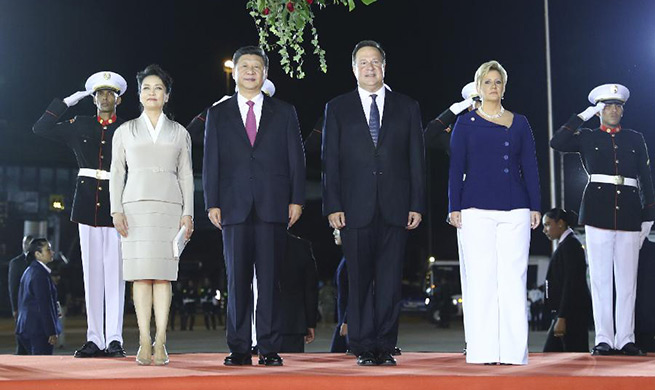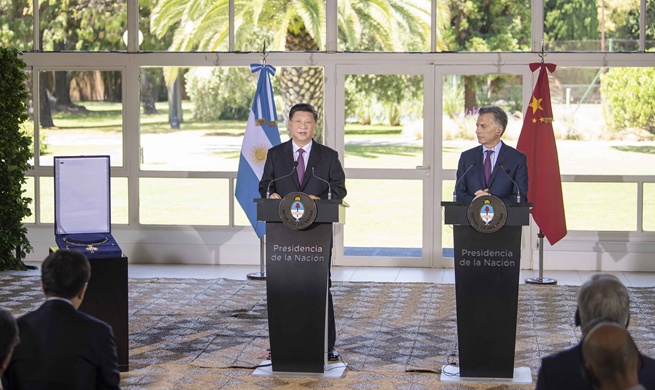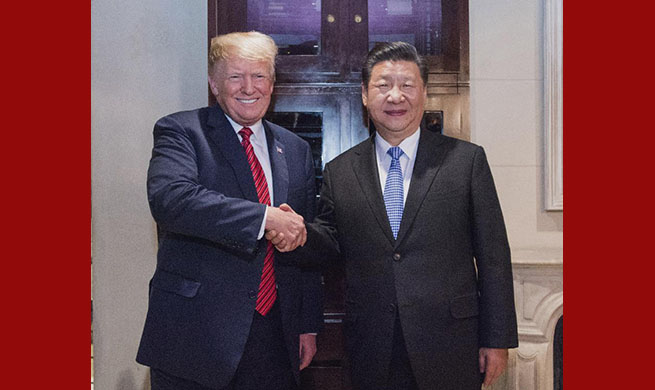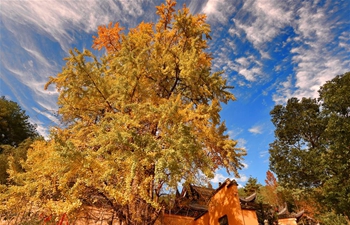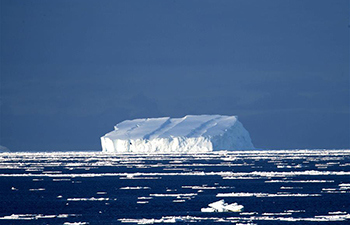NANJING, Dec. 3 (Xinhua) -- A Sino-U.S. joint study on soil samples taken from the Tibetan plateau and northern American regions led to findings that soil bacterial diversity will increase in regions with existing climatic conditions.
The research supported by the Chinese Academy of Sciences (CAS) and the U.S. energy department is considered important for assessing climate impact on terrestrial ecosystems.
Chu Haiyan, a researcher from the Nanjing-based Institute of Soil Science with CAS, who was involved in the research, said soil bacteria play a fundamental role in the functioning of an ecosystem and the maintenance of soil fertility. Historical climate variables were strong predictors of taxon abundance and diversity metrics.
Based on the study of soil properties between now and 50 years ago, the researchers found that soil prokaryotes have a significant lagged response to changing climates over many decades. They predict a widespread increase in soil prokaryotic diversity will occur.
Chu said the Tibetan Plateau is an ideal location to study the legacy effect in soil microbial distribution. It is the youngest, largest and highest plateau in the world with an extreme and changing climate.
She said the study on samples from the Tibetan Plateau and from America and Canada show similar results.
The paper on the research was published in the latest issue of the international journal of mSystems by the American Society for Microbiology.




